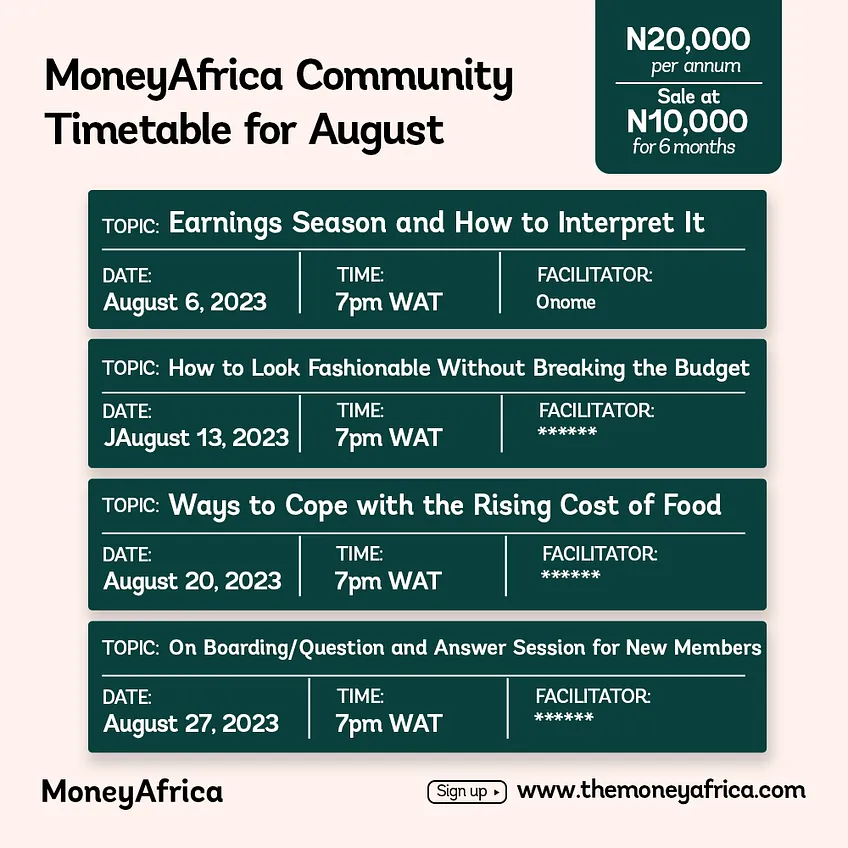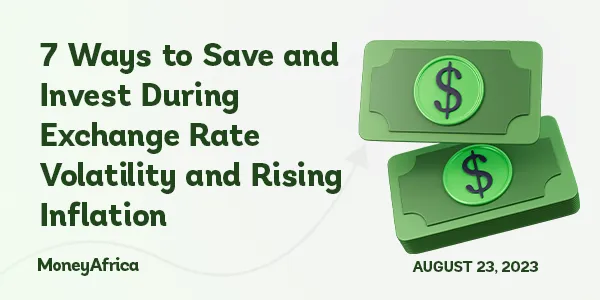Good Morning 😃
How are you doing?
The long-awaited CBN annual report was released on Thursday, August 10, 2023. While people considered this a significant achievement under President Tinubu’s administration, some issues still need discussion regarding the results. The report reveals consistent positive growth in net assets from N796 billion to N1.5 trillion in 2018 to 2022 respectively. However, one of the most shocking revelations was the $13.8 billion debt owed to foreign banks, including JP Morgan and Goldman Sachs.
The repayment of this debt was supposed to come from our acclaimed external reserve, which stands at about $33 billion. There was an argument that Nigeria has approximately $17 billion in reserves if liabilities are factored in. However, this argument was refuted by J.P. Morgan. In an August 17 report, the American multinational financial services firm noted that a combination of foreign exchange forwards, securities lending, currency swaps, and outstanding contracts had weakened Nigeria’s net external reserves to an all-time low of $3.7 billion. This claim is yet to be addressed by the CBN.
The implication of this is that there is limited forex available for the CBN to intervene in the forex market, resulting in a free fall of the market. As of now, $1 is valued at N750 in the I&E window, and N875 at the parallel market.
Another startling statistic is the inflation rate, which currently stands at 24.07% according to the inflation report for July. While the rise in prices of goods and services continues, the more painful part for consumers is not knowing exactly how long it will last or how they should react financially.
For the everyday consumer, increased prices may mean limiting any splurge of spending to avoid a big hit to their wallet. But for those who invest, they’re likely more concerned about their money losing value in the market. Below are seven ways you can save and invest during this period.
- Cash and Cash Equivalents: Since you will still need to cover the cost of basic necessities, it’s important not to overlook the importance of having your funds in cash or easily accessible assets. The only risk arises when an excessive amount is allocated to cash. I advise you to have sufficient cash to support yourself for a period of at least 3-6 months. An excellent illustration falling within this category is your emergency fund, which signifies the need for a safety net in the face of unplanned situations. Keep in mind that it’s not obligatory to hold physical cash; you can also save your money through fixed deposits or high-yield savings accounts like Ladda.
- Treasury Bills and Money Market Mutual Funds: These are short-term debt securities issued by the government to raise funds. Treasury bill is a short-term debt instrument issued by the CBN on behalf of the government to raise funds. On the other hand, money market mutual funds pool money from multiple investors to invest in short-term, low-risk financial instruments such as treasury bills, commercial papers, certificates of deposit, and other similar assets.
Both treasury bills and money market mutual funds are attractive for individuals and are good for preservation of capital while earning some interest. However, it’s important to note that the returns from these investments are generally lower than those of riskier assets like stocks.
- Short-term Bonds: Keeping your money in short-term bonds is a similar strategy to maintaining cash in a savings account. Your money is safe and accessible.
And if rising inflation leads to higher interest rates, short-term bonds are more resilient whereas long-term bonds will suffer losses. For this reason, it’s best to stick with short- to intermediate-term bonds and avoid anything long-term focused. Investors can also reinvest short-term bonds at higher interest rates as bonds mature. A good example here is the FGN savings bond.
- Stocks: Although stocks have the potential to serve as effective long-term hedges against inflation, they can face challenges during periods of sudden inflation spikes. It’s worth considering index funds or ETFs that have demonstrated strong performance over extended durations. If you’re new to investing, you can obtain a copy of our beginner’s guide to investing for valuable insights. Another option is to establish an account with an online brokerage app and be sure to thoroughly assess the available options to find the ones most suitable for your needs.
- Real Estate: Real estate traditionally does well during periods of higher inflation, as the value of a property can increase. This means your landlord can charge you more for rent, which in turn increases their income so it is on pace with the rising inflation.
Beyond home ownership, real estate investments can be made through REITs (also known as Real Estate Investment Trusts) or through mutual funds that invest in REITs.
- Gold: Gold may not provide immediate protection against inflationary pressures; nevertheless, it has the potential to offer certain benefits over the longer term.
- Commodities: Prices for raw materials such as oil, agricultural products and metals tend to rise in tandem with inflation, making them potentially effective hedges against it. However, it’s crucial for investors to be aware that commodities carry a considerable level of risk. The pricing of commodities is heavily influenced by the balance between supply and demand, which can be remarkably unpredictable. This inherent volatility makes commodities investments inherently risky. While the potential for substantial rewards exists, so does the potential for substantial losses.
Investors have options to protect themselves against inflation. You can use an inflation surge period as a good time to review your overall investment performance and allocation to make sure it aligns with your goals.
Don’t make dramatic changes based on current inflation or market conditions since most people are still long-term investors.
Did you find this newsletter useful? You can read previous newsletters here
***
Would you like to know the state of your finances?
Take this test to see how you are doing financially
***
Do you know that we have our own podcast? It’s MONEYTALKS!💚
Here’s a link to listen to all the amazing episodes we have!
***
Thank you for reading Money Africa’s Blog.
Please feel free to share it.
Do you have any questions? You can send an e-mail to info@themoneyafrica.com or send a DM to any of our social media channels.
***
MoneyAfrica premium plan
Are you a mid to high-income earner? Do you find communities a bit too busy? You should sign up for our premium plan.

You can learn more about that here.
***
We often get questions regarding how to plan your finances to align with your relocation plans, especially for students seeking to further their studies. As always, we have heard you, and we have put together an e-book to help you navigate this. Follow this link, to get your FREE copy of the e-book: The Japa Encyclopedia.
***
Get our annual subscription and learn more about investing safely and building a solid portfolio in 2023.

Don’t forget to:
- Join our community, if you want to smash your 2023 financial goals. It takes at least 30 days to build great habits that will last you a lifetime. So why not start now? There is a lot you can achieve.
- If you would like to document your financial journey in 2023, then our journal would be an excellent fit for you. It costs ₦7,500 (excluding delivery).
- Get a budget sheet to track your monthly expenses. Click here
- Get an investment tracker to be on top of all your investments. Click here
MoneyAfrica is a financial literacy platform. Our goal is to make everyone better with their finances.
We do this by engagements via our:
– social media handles
– platforms for paid community members (for adults and students)
– webinar sessions with corporate clients
Would you like to join any of the communities? Please click here
Would you like us to hold a webinar for your company? Please send an email to info@themoneyafrica.com


